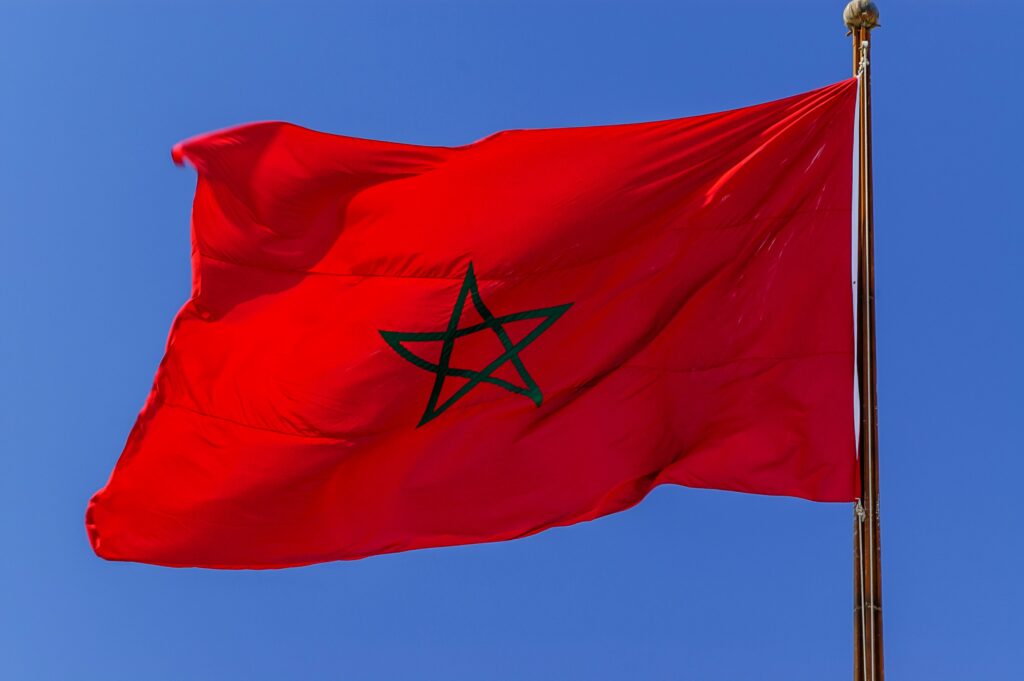
Why Visit Morocco?
Morocco is one of Africa’s most captivating travel destinations. From the lively souks of Marrakech and Fes to the sweeping landscapes of the Atlas Mountains and the vast Sahara Desert, the country offers an unforgettable blend of culture, nature, and history. Visitors are welcomed with the warm hospitality of Berber villages, while iconic sites like the Ait Benhaddou Kasbah showcase Morocco’s stunning architecture.

As the gateway between Europe and Africa, Morocco draws travelers from around the world eager to explore its rich traditions, ancient ruins like Volubilis, the colorful alleys of Chefchaouen (the famous blue city), and cultural gems such as the Majorelle Garden and the Yves Saint Laurent Museum. For those passionate about history, culture, and design, a 15-day journey across Morocco promises an experience like no other.
Our Morocco Travel Q&A page covers the most common questions travelers have.
1. Can you hire a private driver in Morocco?
Yes, absolutely! Hiring a private driver in Morocco is a popular and convenient option. It allows you to travel at your own pace and explore destinations that may not be easily accessible by public transport. Many tour companies, including ours, offer private driver services for city tours, desert trips, and long-distance journeys.
Hire a Private Driver in Morocco – Why It’s Worth It
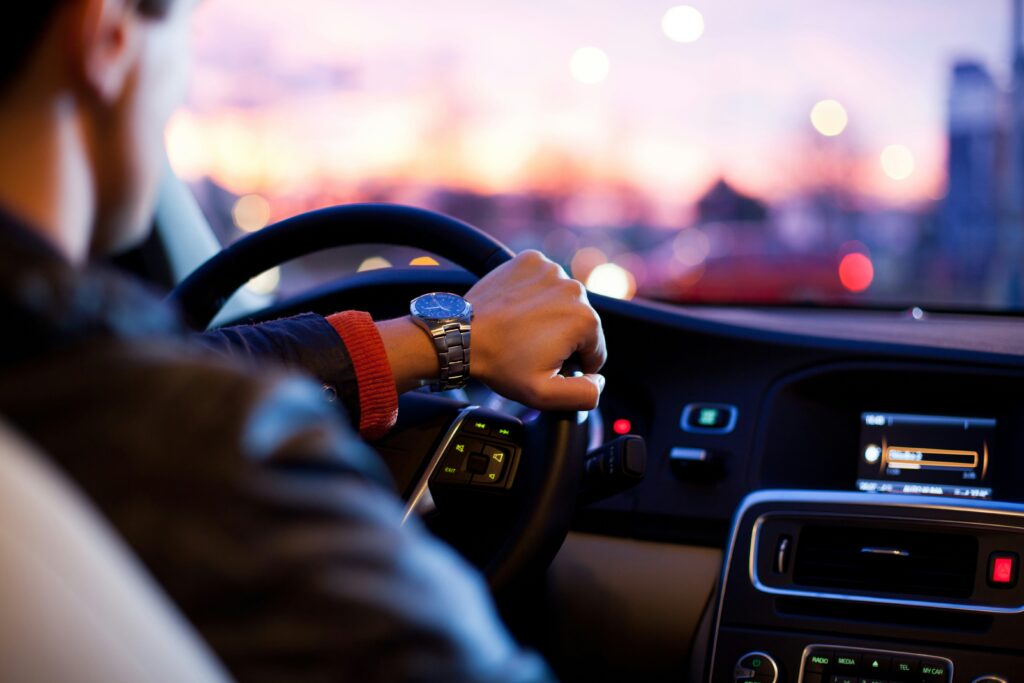
Traveling through Morocco becomes far more comfortable and enjoyable when you hire a private driver. Say goodbye to the stress of navigating unfamiliar roads or figuring out complicated public transport routes. Instead, relax and take in the breathtaking scenery while a professional driver handles the rest.
Whether you’re exploring the lively souks of Marrakech, the majestic Atlas Mountains, or the vast Sahara Desert, a private driver gives you the freedom to travel at your own pace with complete flexibility and peace of mind.
Solo travelers, couples, families, or groups will all benefit from this personalized service. When you book a private driver through Sahara Trip Morocco, you’re choosing convenience, safety, and a truly immersive experience.
Ready to elevate your journey?
Contact us today to learn more about our private driver services and start planning your unforgettable Moroccan adventure!
2. What is Deluxe Luxury accommodation?
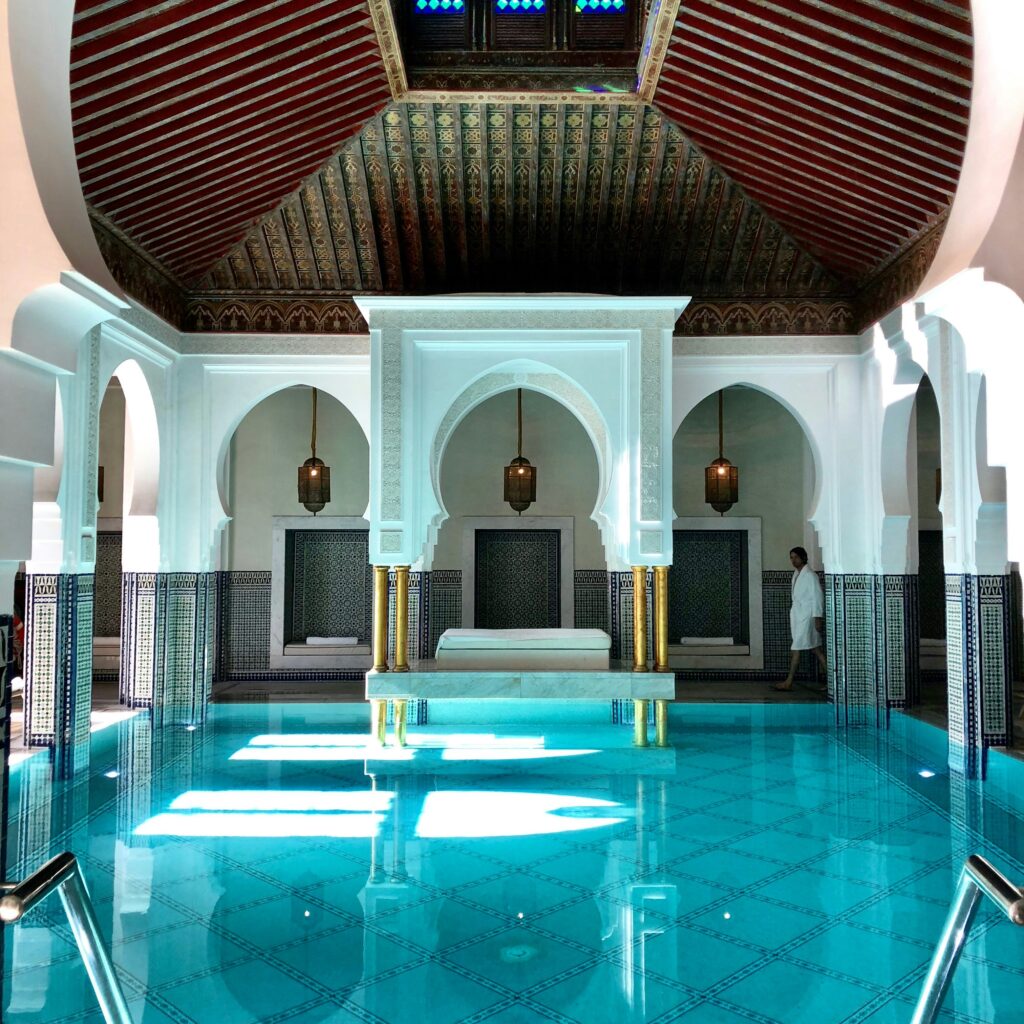
Deluxe Luxury accommodations in Morocco offer high-end comfort, exceptional service, and unique design. These are typically 5-star hotels or luxury riads with upscale amenities such as spas, fine dining, premium bedding, private pools, and exclusive experiences in prime locations.
3. What is Affordable Luxury accommodation?
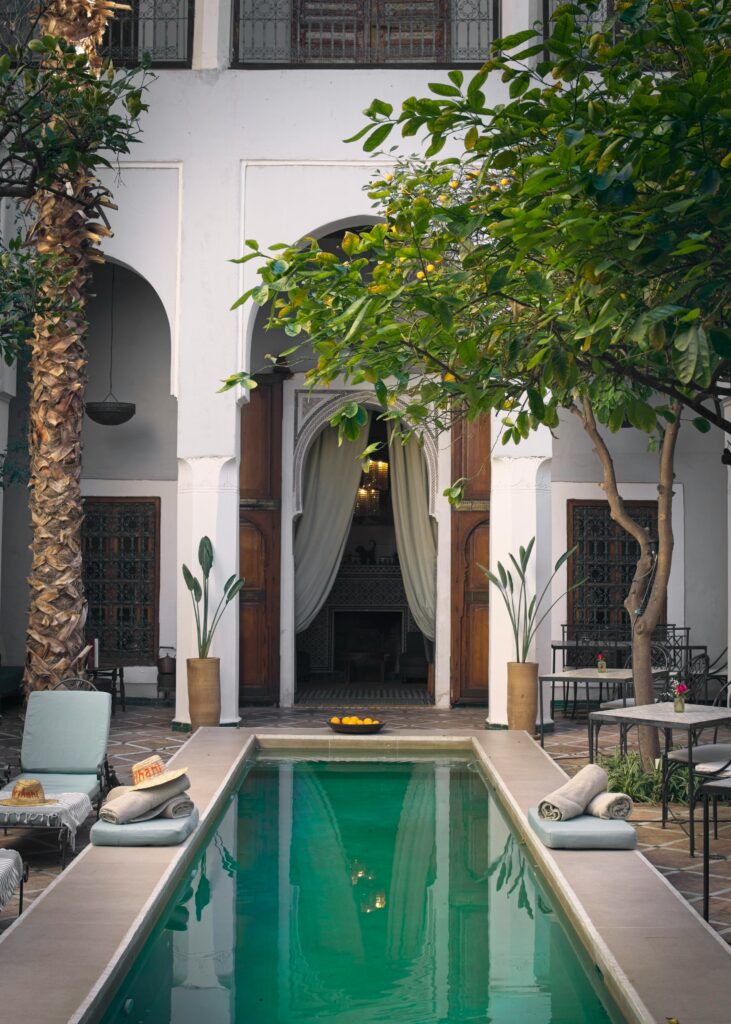
Affordable Luxury refers to boutique hotels or 4-star riads that provide stylish comfort, excellent service, and beautiful Moroccan decor—without the premium price tag. It’s perfect for travelers who want elegance and authenticity while staying within a reasonable budget.
4. What is Classic Comfort accommodation?
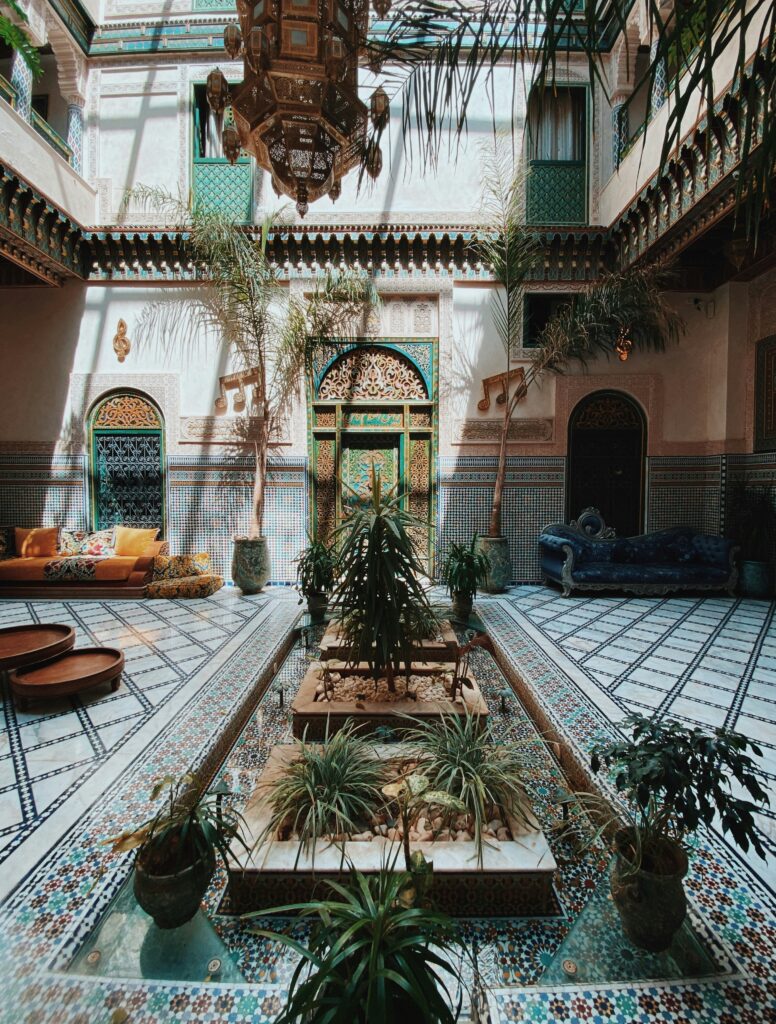
Classic Comfort accommodations are mid-range hotels or traditional guesthouses (often 3-star) that offer a clean, safe, and cozy stay with essential amenities. Ideal for budget-conscious travelers looking for comfort and local charm.
5. Is Morocco visa-free for Americans?
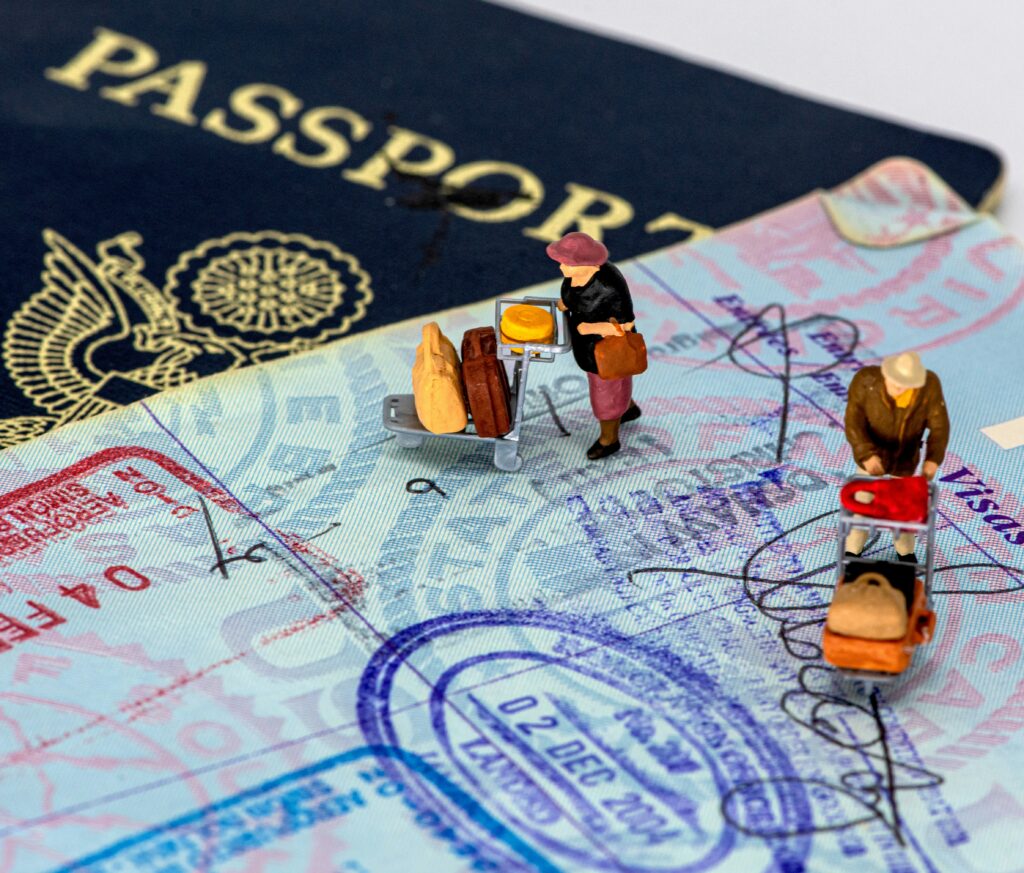
Yes, U.S. citizens can enter Morocco without a visa for stays of up to 90 days. All you need is a valid passport with at least six months of validity beyond your arrival date.
6. What are the countries of origin allowed to access Moroccan territory?
Moroccan authorities have established entry guidelines based on the traveler’s country of origin. These regulations are often influenced by health and safety measures, including the global epidemiological situation.
In recent years, Morocco has used a classification system (previously known as “List A” and “List B”) to determine entry requirements for different countries. Travelers from most European countries, the United States, Canada, Australia, New Zealand, and many Asian and African nations are generally allowed to enter Morocco without a visa for stays of up to 90 days.
However, entry policies may change depending on health regulations or international agreements. We strongly recommend checking with the official Moroccan Ministry of Foreign Affairs or your nearest Moroccan embassy or consulate for the most up-to-date information before traveling.
7. What currency should I bring for my trip to Morocco?
The local currency is the Moroccan Dirham (MAD). While euros, US dollars, and British pounds are sometimes accepted in tourist areas, it’s best to exchange your money into dirhams. Currency exchange is available at airports, banks, and exchange offices. ATMs are also widely available.
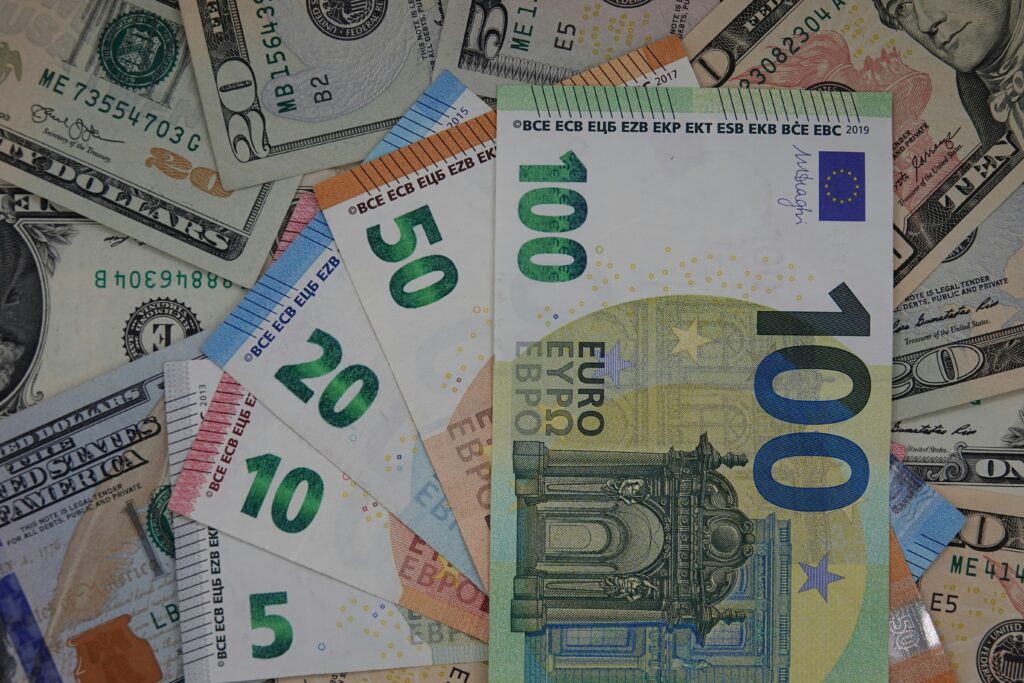
You can easily withdraw Moroccan Dirhams (MAD) from ATMs across the country using your debit card. While credit cards can also be used for cash withdrawals, it’s generally not recommended due to higher fees. Visa and MasterCard are widely accepted in major cities, hotels, and tourist areas, but may not be usable in small towns or rural shops—so it’s wise to keep some cash on hand.
Keep in mind that it’s not permitted to take Moroccan currency out of the country. So before you leave, make sure to either spend any leftover cash or convert it back into your home currency at an exchange office.
8. Visit Morocco During Ramadan: An Unforgettable Cultural Experience
Traveling to Morocco during Ramadan offers a unique cultural insight. While some shops and restaurants may have limited hours, the evenings come alive with festive meals (iftar), community gatherings, and spiritual reflection. It’s a peaceful, special time to visit—just remember to be respectful of local customs, especially during daylight fasting hours.
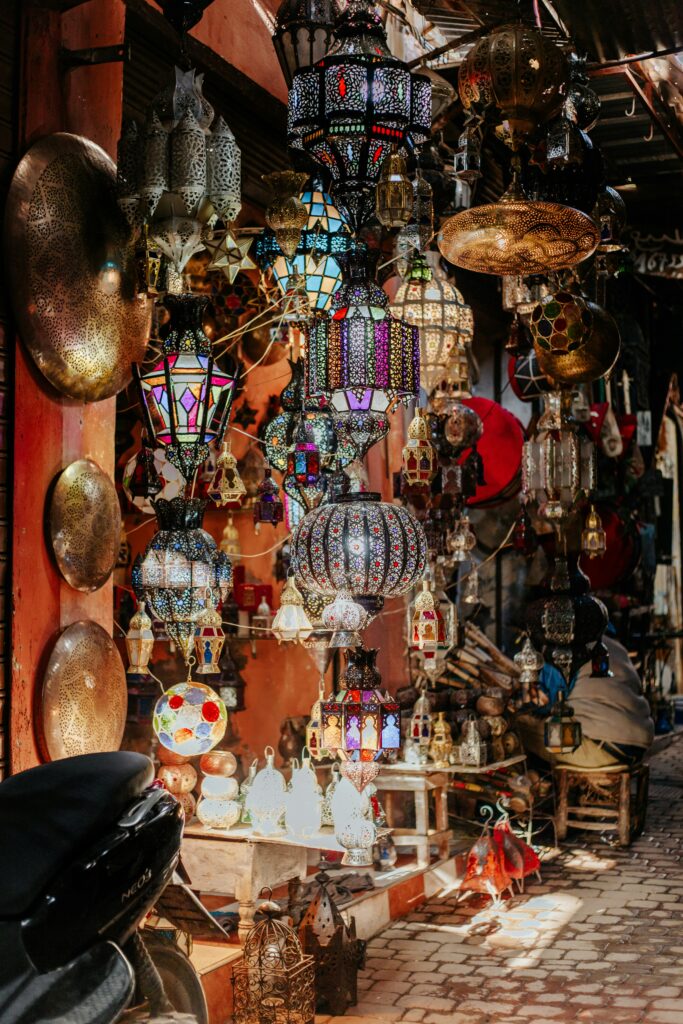
Unique Experiences When You Visit Morocco During Ramadan
Visiting Morocco during Ramadan offers travelers an unforgettable opportunity to witness the country’s rich spiritual traditions and vibrant culture in a truly unique setting. While the holy month brings some changes to daily routines, it also opens the door to meaningful encounters, festive nights, and deep cultural immersion.
1. Iftar in the Medina – A Shared Celebration
Iftar, the breaking of the fast at sunset, is a special moment each day during Ramadan. In many Moroccan cities—especially in the historic medinas of Marrakech and Fes—locals gather for communal iftar meals, often shared in public spaces. Travelers are frequently welcomed to join, offering a rare opportunity to connect with Moroccans in a warm, inclusive setting.

2. Evening Prayers at the Mosques
Every evening during Ramadan, Muslims gather for Taraweeh prayers, special nightly prayers held in mosques throughout Morocco. While non-Muslims cannot participate in the prayers, they are welcome to respectfully observe from outside. Watching entire communities come together in spiritual devotion is a humbling and powerful experience.
3. Shopping in Ramadan Souks
After sunset, Morocco’s souks and street markets come alive with energy. Vendors sell traditional Ramadan sweets like chebakia and sellou, as well as colorful handicrafts and festive decorations. Wandering through these lively markets is a sensory journey—and a great place to find unique souvenirs.
4. A Desert Ramadan Experience
If your journey takes you to the Sahara Desert, experiencing Ramadan here is truly magical. Imagine watching the sun set over golden dunes, then enjoying an iftar meal under the stars. The peacefulness of the desert paired with the sacredness of the month creates a deeply memorable moment.
Things to Keep in Mind When Traveling During Ramadan
While the rewards of visiting Morocco during Ramadan are many, there are a few important considerations:
1. Daytime Closures
Some cafes, restaurants, and shops may close or operate with limited hours during the day, especially in smaller towns. However, most tourist areas remain open and accommodating.
2. Slower Daily Rhythm
Expect a more relaxed pace, with shorter business hours and slightly longer wait times. This is a good time to slow down and take in the culture at a different rhythm.
3. Heat + Fasting
During warmer months, remember that locals are fasting from sunrise to sunset—even without water. Showing patience and empathy during interactions goes a long way in respecting the culture.
Why Visit Morocco During Ramadan?
1. A Deeper Connection with Locals
Ramadan emphasizes community, charity, and compassion. Many travelers find it easier to form meaningful connections with locals during this time—whether through a shared iftar meal or a heartfelt conversation about the holy month.
2. Authentic Cultural Immersion
From traditional foods to nightly prayers and Ramadan-specific customs, you’ll experience Moroccan culture at its most authentic and spiritual level.
3. Time for Reflection and Peace
With life moving at a gentler pace, Ramadan is a beautiful time for reflection. Whether you’re walking through ancient medinas or sipping tea in a quiet riad, the tranquil energy of this month invites calm and mindfulness.
Ramadan Dates in Morocco
Ramadan follows the Islamic lunar calendar and shifts each year. Here are the expected dates:
- 2024: March 11 – April 9
- 2025: February 28 – March 30
If you’d like to experience the essence of Ramadan in Morocco, plan your visit around these dates. We’ll help you design an itinerary that respects both your travel goals and the spiritual rhythm of the season.
What to Expect as a Visitor During Ramadan
- Tourist sites generally open from 9 a.m. to 6 p.m.
- Evening markets and shops stay open late, especially after iftar
- Hotels and riads offer meals during the day for non-fasting guests
- Cities like Marrakech, Fes, and Casablanca remain lively and tourist-friendly
Tips for Traveling During Ramadan in Morocco
- Book accommodations and tours in advance, especially in high-demand cities
- Be respectful of local customs—avoid eating or drinking in public during daylight hours
- Plan your meals ahead of time with your hotel or riad
- Join a local iftar experience—it’s one of the most memorable parts of visiting during Ramadan
9. Do I need a visa to enter Morocco?
It depends on your nationality. Citizens of many countries can enter visa-free for up to 90 days. Others will need to apply for a visa in advance. Always check the current entry requirements with the Moroccan embassy or consulate in your country before your trip.
10. What is your cancellation policy?
Cancellation policies may vary depending on the tour or accommodation you book. In general, we offer flexible terms with free cancellations or changes up to a certain number of days before departure. Please refer to the specific cancellation terms at the time of booking or contact us directly for details.
11. Can I amend my booking date?
The easy way to book a Morocco tour is to contact one of our tour experts.
Please note before booking:
For all our Morocco tours, a 30% deposit of the total price is required to confirm your booking.
Also, in some cases, you may lose more than 30% of your deposit if we book special accommodations, activities, or other non-refundable services on your behalf. If this applies, we will inform you in writing before booking.
There Are 3 Ways to Book Our Morocco Tours:
- Contact Us by Email or WhatsApp
Talk directly with one of our team members and get all your questions answered. - Fill Out Our Booking Form
Use our online form to request a tour, and we will get back to you quickly. - Book a Ready-Made Tour
Choose one of our pre-designed tours and book it easily.
12. Where is Morocco located?
Morocco (officially the Kingdom of Morocco) is a vibrant and diverse country located in Northwest Africa. Known for its rich cultural heritage, stunning landscapes, and welcoming hospitality, Morocco is one of the most visited countries in Africa.
- Capital: Rabat
- Largest City: Casablanca
- Official Languages: Arabic and Amazigh (Berber)
- Other Common Languages: French (widely spoken), English, Spanish
- Population: Approx. 37 million (as of 2025)
- Currency: Moroccan Dirham (MAD)
- Time Zone: GMT+1 (Daylight Saving may apply)
- Religion: Predominantly Islam (Sunni)
Geography
Morocco has a varied geography that makes it ideal for all kinds of travelers—from beach lovers to mountain trekkers to desert explorers.
- Borders:
- North: Mediterranean Sea
- West: Atlantic Ocean
- East: Algeria
- South: Western Sahara (disputed territory)
- Key Regions:
- The Atlas Mountains: Stretch across central Morocco and offer hiking, skiing, and Berber village experiences
- The Sahara Desert: Southern Morocco features golden dunes and camel treks
- The Rif Mountains: Northern Morocco’s green, hilly region
- Atlantic Coastline: Includes cities like Essaouira, Agadir, and Casablanca
- Mediterranean Coastline: Includes Tangier, Tetouan, and Al Hoceima
History
Morocco’s history stretches back thousands of years and includes influences from Berber, Arab, African, and European civilizations.
- Ancient Civilizations: Home to early Berber kingdoms and Roman settlements (e.g., Volubilis)
- Islamic Influence: Arab Muslim dynasties began in the 7th century
- Colonial Period: Morocco became a French and Spanish protectorate in the early 20th century
- Independence: Gained independence from France in 1956
- Modern Monarchy: Currently ruled by King Mohammed VI, who has been on the throne since 1999
13. What language is mostly spoken in Morocco?
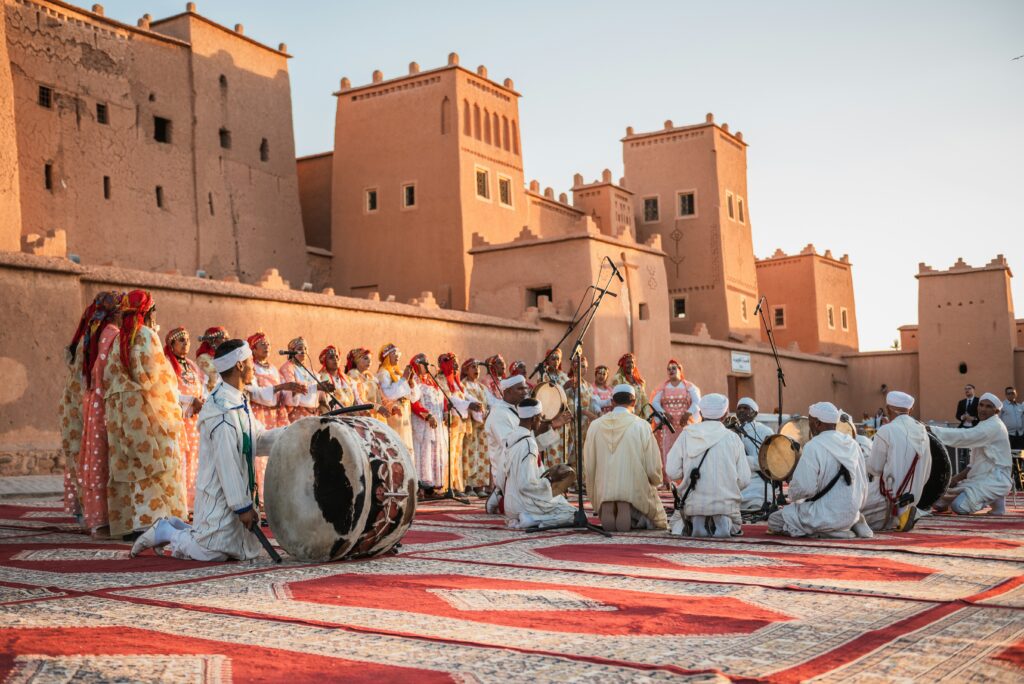
The official languages are Arabic and Amazigh (Berber). French is also widely spoken, especially in business, education, and tourism. In major cities, you’ll also find people who speak English and Spanish.
14. How do I book a Morocco tour?
Booking a tour is easy! You can browse our available tours online and reserve directly through our website, or contact us by phone or email for a personalized itinerary. We’re happy to help you plan the perfect Moroccan adventure.
15. Can you use US dollars in Morocco?
US dollars are not commonly accepted for day-to-day purchases. It’s best to exchange your dollars for Moroccan Dirhams once you arrive. Major credit cards are accepted in many hotels and larger shops, but cash is preferred in local markets and smaller towns.
16. Where can I start my Morocco tour?
Most Morocco tours start in major cities such as Marrakech, Casablanca, Fes, or Tangier, depending on your arrival airport and tour route. We offer flexible pickup options to suit your travel schedule.
See Our Morocco Tours
Ready to explore the magic of Morocco? Check out our carefully crafted tours designed to suit every traveler’s style and budget. Whether you’re looking for luxury, adventure, culture, or relaxation, we have the perfect itinerary waiting for you.
https://saharatrip-morocco.com/tour-destination/sahara-desert-tours-from-casablanca
https://saharatrip-morocco.com/tour-destination/desert-tours-from-fes
https://saharatrip-morocco.com/tour-destination/sahara-desert-tours-from-tangier
https://saharatrip-morocco.com/tour-destination/desert-tours-from-agadir




